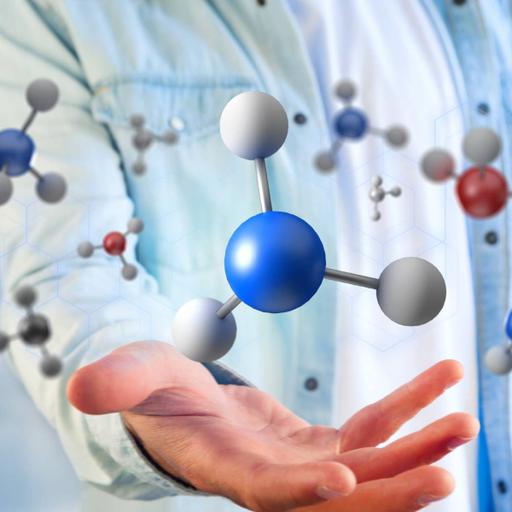Thermodynamics
Presentations | English
Thermodynamics deals with the concepts of heat and temperature and the inter-conversion of heat and other forms of energy. The four laws of thermodynamics govern the behaviour of these quantities and provide a quantitative description. William Thomson, in 1749, coined the term thermodynamics. Thermodynamics is basically concerned with heat transfer, energy transfer and conversion between heat and work and is also applied to describe phase change of a substance, such as condensation and evaporation. To be specific, it explains how thermal energy is converted to or from other forms of energy and how matter is affected by this process. Thermal energy is the energy that comes from heat. This heat is generated by the movement of tiny particles within an object, and the faster these particles move, the more heat is generated. Thermodynamics is not concerned about how and at what rate these energy transformations are carried out. It is based on the initial and final states undergoing the change. It should also be noted that Thermodynamics is a macroscopic science. This means that it deals with the bulk system and does not deal with the molecular constitution of matter.

21.75
Lumens
PPTX (87 Slides)
Thermodynamics
Presentations | English
